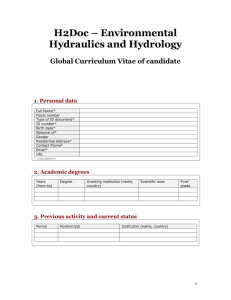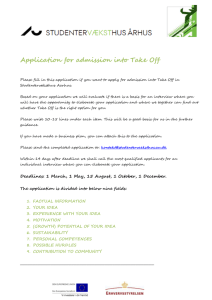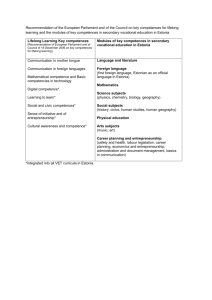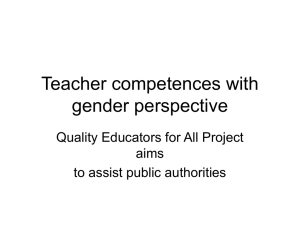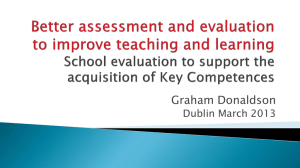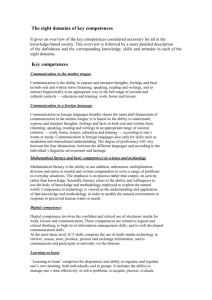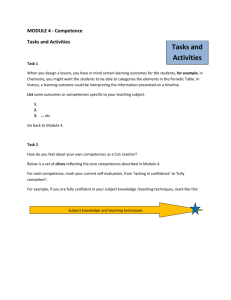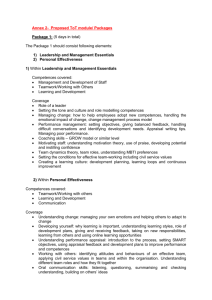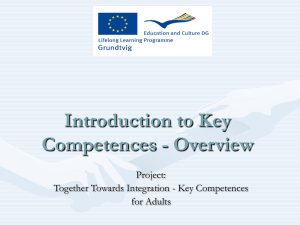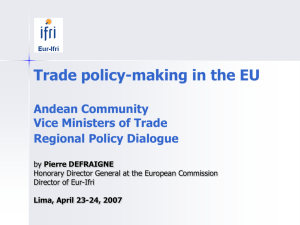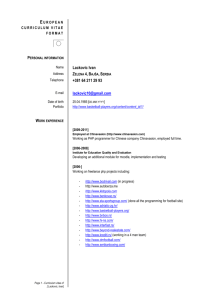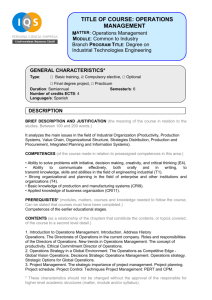recognizing, validating, and certifying mathematical competences
advertisement
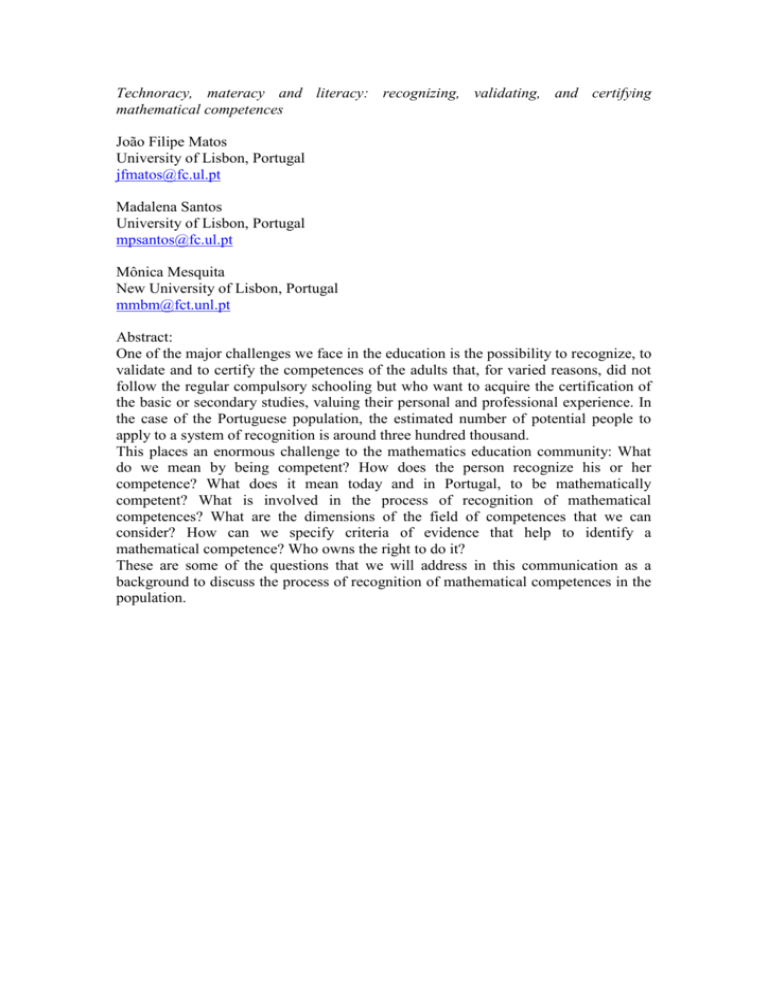
Technoracy, materacy and literacy: recognizing, validating, and certifying mathematical competences João Filipe Matos University of Lisbon, Portugal jfmatos@fc.ul.pt Madalena Santos University of Lisbon, Portugal mpsantos@fc.ul.pt Mônica Mesquita New University of Lisbon, Portugal mmbm@fct.unl.pt Abstract: One of the major challenges we face in the education is the possibility to recognize, to validate and to certify the competences of the adults that, for varied reasons, did not follow the regular compulsory schooling but who want to acquire the certification of the basic or secondary studies, valuing their personal and professional experience. In the case of the Portuguese population, the estimated number of potential people to apply to a system of recognition is around three hundred thousand. This places an enormous challenge to the mathematics education community: What do we mean by being competent? How does the person recognize his or her competence? What does it mean today and in Portugal, to be mathematically competent? What is involved in the process of recognition of mathematical competences? What are the dimensions of the field of competences that we can consider? How can we specify criteria of evidence that help to identify a mathematical competence? Who owns the right to do it? These are some of the questions that we will address in this communication as a background to discuss the process of recognition of mathematical competences in the population.
